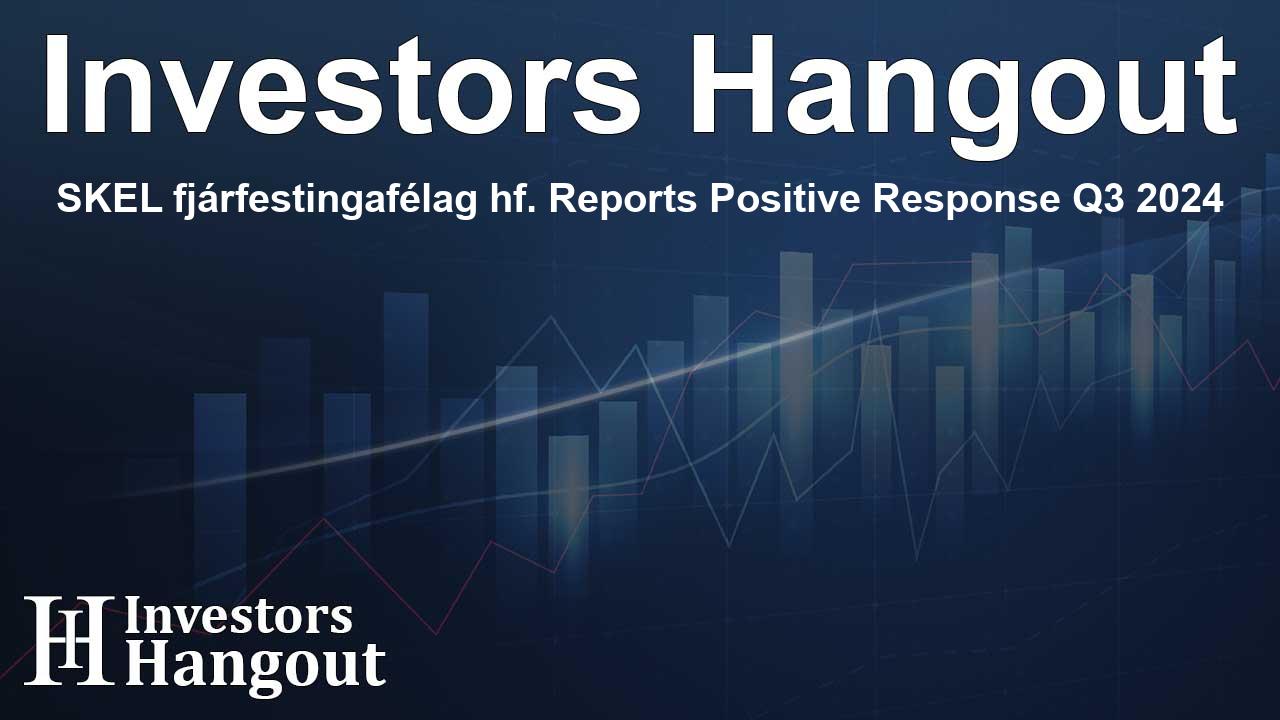Analyzing Short Selling Trends for Morgan Stanley's Shares

Understanding Morgan Stanley's Short Interest
Morgan Stanley's short interest has seen a notable increase as the short percent of float has risen by 3.79% according to the latest figures. The company currently has around 16.84 million shares sold short, equating to 1.37% of the available shares for trading. Interestingly, based on the trading volume of these stocks, it would take approximately 3.22 days for traders to cover their short positions on average.
The Importance of Tracking Short Interest
Short interest represents the number of shares that have been sold short but haven't been repurchased or closed out yet. Essentially, short selling is a strategy where a trader sells shares of a stock they do not own, hoping to buy them back at a lower price. If the price does decline, the trader profits; however, if it rises, they incur a loss.
Understanding short interest is critical as it provides insights into the market's sentiment regarding a specific stock. A significant rise in short interest can indicate that investors are becoming more skeptical about the stock's performance, while a drop might suggest a more optimistic outlook.
The Trend in Short Selling for Morgan Stanley
The graph illustrates that the percentage of shares sold short has increased since the last reporting period. However, this increasing trend does not necessarily predict that the stock price will drop imminently. Investors should remain aware of this growing short interest as part of their trading strategy.
Comparing with Industry Peers
When analyzing a company's performance, it's common for investors to compare it to its peers—other companies with similar characteristics in terms of industry, size, and financial structure. Various documents, such as a company's 10-K or proxy filings, can help identify peer groups.
Recent analysis shows that Morgan Stanley's average short interest among its peers is 3.37%, implying that the short interest for Morgan Stanley is lower than that of many similar companies. This dynamic can influence how investors perceive risk and opportunity.
Interestingly, a rise in short interest might signal a bullish opportunity for traders in certain scenarios. Enthusiastic investors could see this as a chance to exploit price movements associated with short squeezes when a heavily shorted stock unexpectedly rises in value.
Frequently Asked Questions
What does short interest indicate?
Short interest provides insights into market sentiment regarding a stock. A rise typically suggests increased bearish sentiment, while a decline indicates bullish sentiment.
How is short interest calculated?
Short interest is calculated by dividing the number of shares sold short by the total number of shares available for trading, expressed as a percentage.
What can affect a company's short interest?
Factors such as changing market conditions, earnings reports, and news about the company can influence its short interest levels.
Does high short interest always mean a stock will decline?
No, high short interest can also indicate potential for a short squeeze, where a stock could rise unexpectedly due to heavy short trading.
Why is comparing short interest with peers important?
Comparing short interest with peers helps investors gauge relative performance and sentiment within an industry, providing context for interpreting a company's stock activity.
About Investors Hangout
Investors Hangout is a leading online stock forum for financial discussion and learning, offering a wide range of free tools and resources. It draws in traders of all levels, who exchange market knowledge, investigate trading tactics, and keep an eye on industry developments in real time. Featuring financial articles, stock message boards, quotes, charts, company profiles, and live news updates. Through cooperative learning and a wealth of informational resources, it helps users from novices creating their first portfolios to experts honing their techniques. Join Investors Hangout today: https://investorshangout.com/
Disclaimer: The content of this article is solely for general informational purposes only; it does not represent legal, financial, or investment advice. Investors Hangout does not offer financial advice; the author is not a licensed financial advisor. Consult a qualified advisor before making any financial or investment decisions based on this article. The author's interpretation of publicly available data shapes the opinions presented here; as a result, they should not be taken as advice to purchase, sell, or hold any securities mentioned or any other investments. The author does not guarantee the accuracy, completeness, or timeliness of any material, providing it "as is." Information and market conditions may change; past performance is not indicative of future outcomes. If any of the material offered here is inaccurate, please contact us for corrections.









